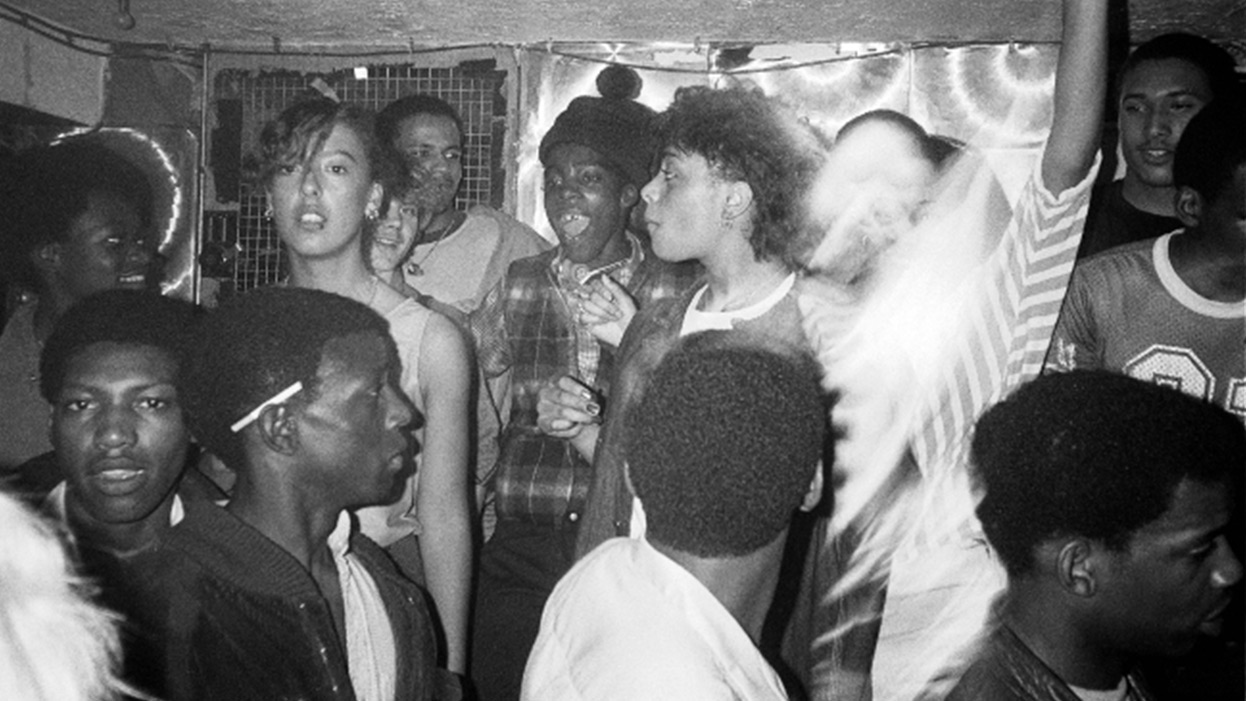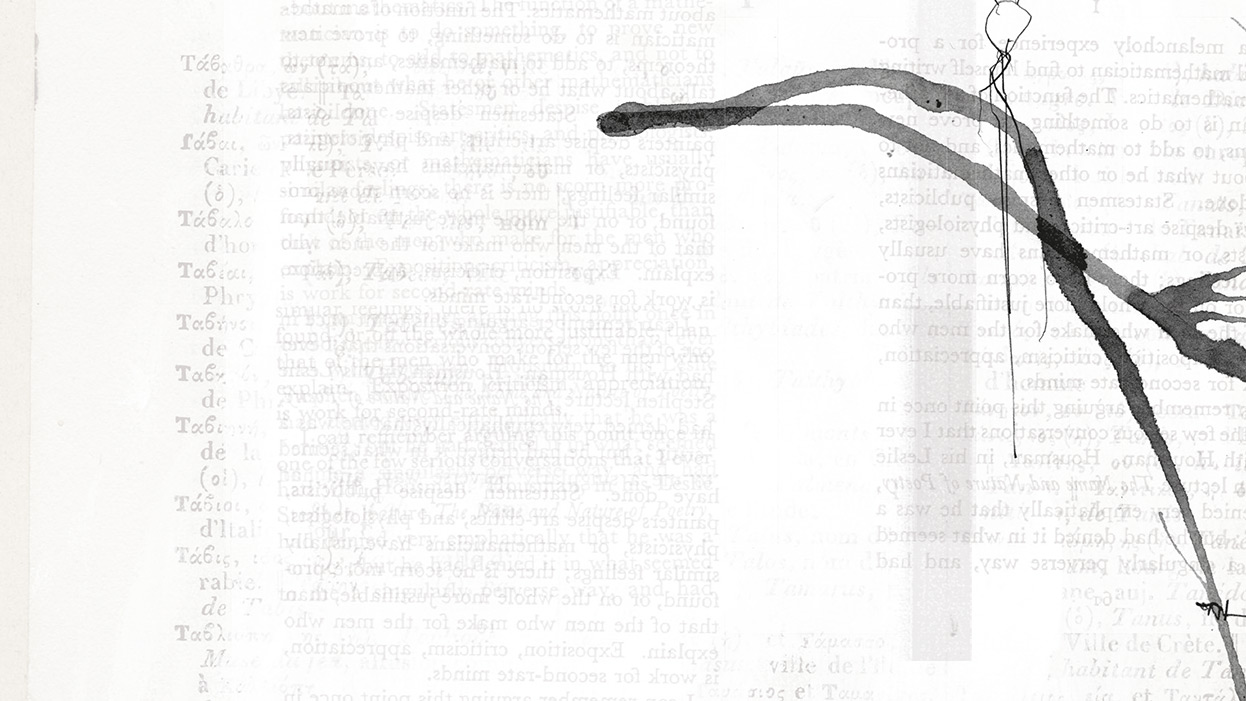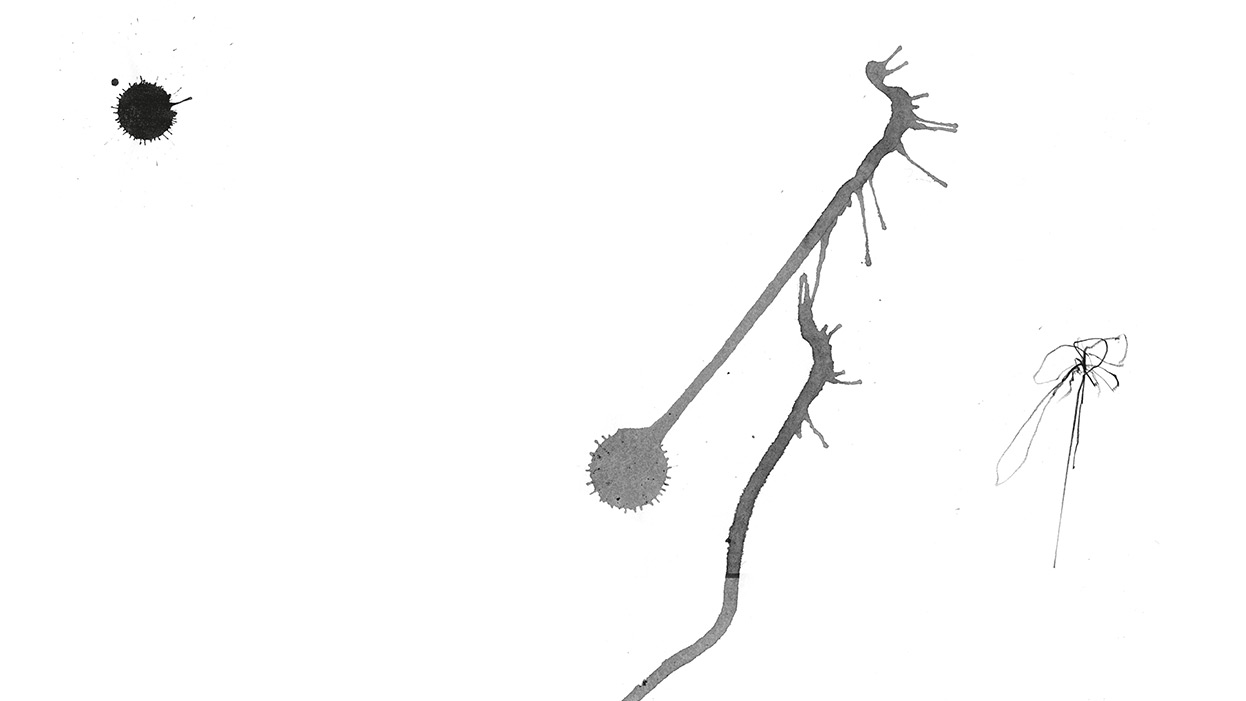
Examine the essential ideas, research and context as the work grows through essays, photography and film.
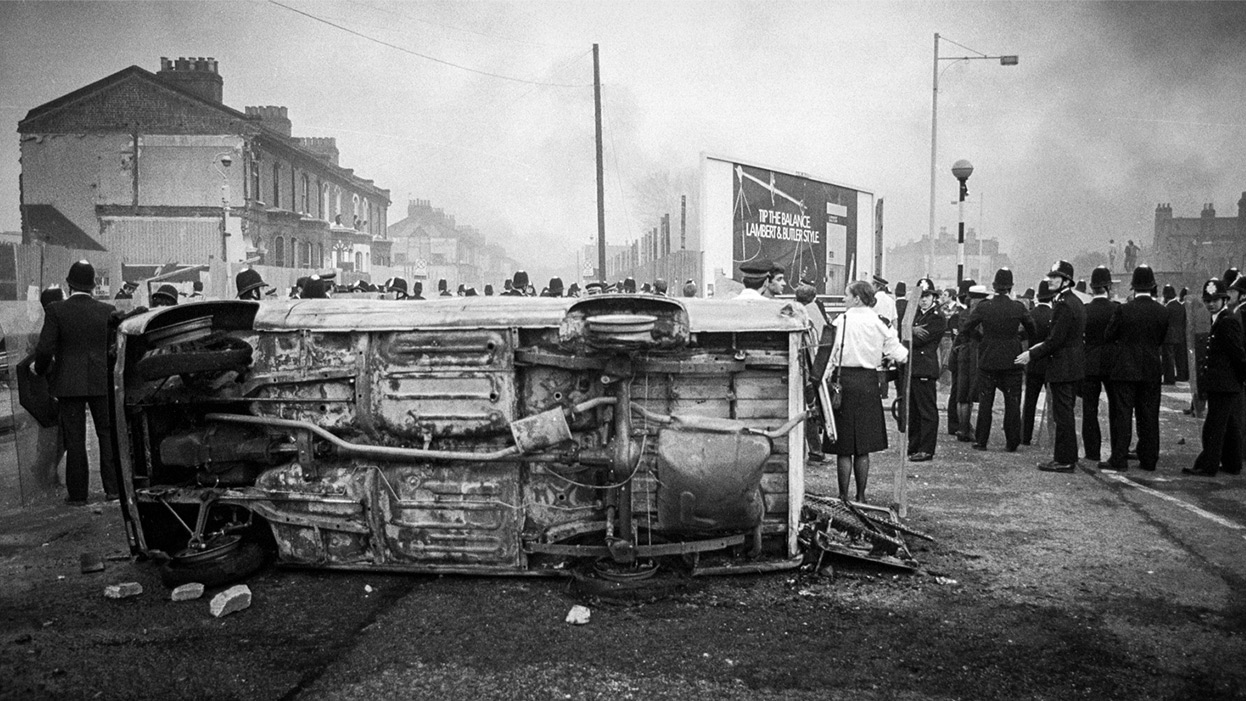
Police gather at the fork of Railton Road and Mayall Road behind a burnt out police vehicle. Credit: The Brixton Riots of 1981 by Kim Aldis, 1981 © Kim Aldis
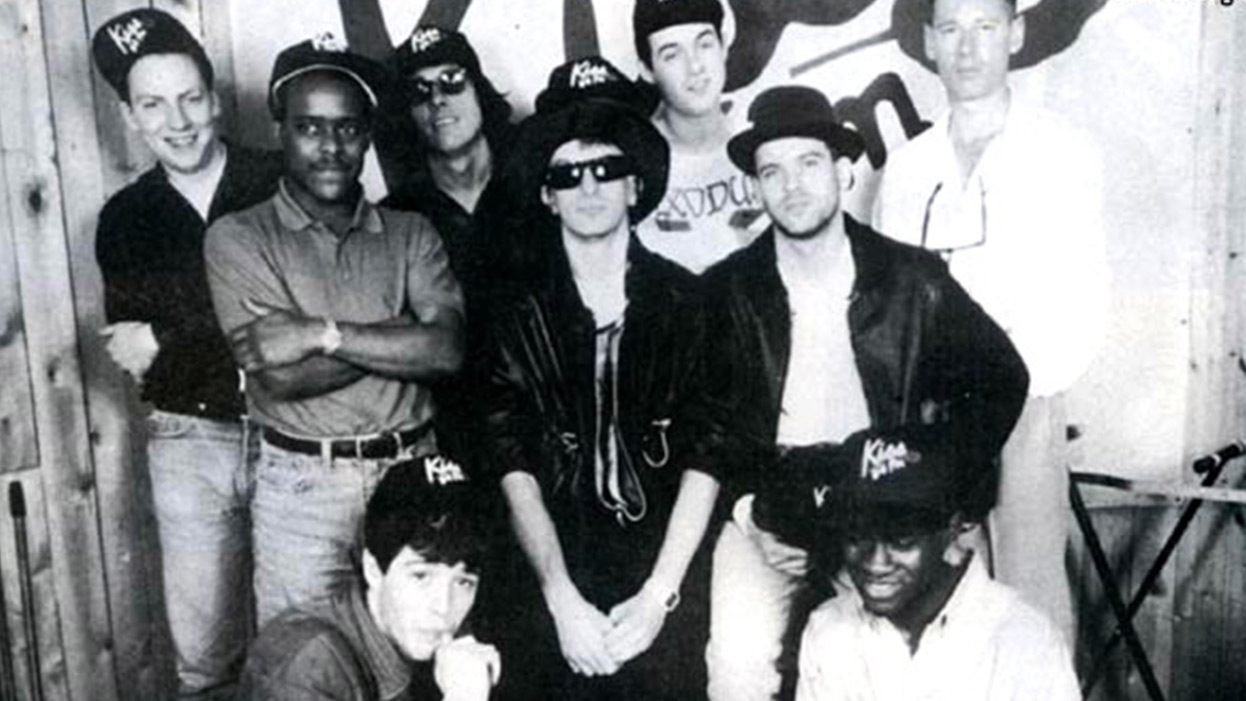
Gordon Mac founded Kiss 94.5 FM in 1985. Credit: Old Kiss Shot by unknown © Creative Commons
As the 1970s drew to a close, Britain’s economy was thrown into uncertainty as oil prices soared and an international recession worsened. High unemployment and union unrest, notably the Winter of Discontent (1978-79), saw James Callaghan’s Labour government swept aside by Margaret Thatcher and the Conservatives on the message that ‘Labour Isn’t Working’. Despite Thatcher’s majority, the voting patterns of ethnic minorities showed a different picture: across the nation 52% voted in favour of Labour against 23% for the Conservatives (Anwar Muhammed, 1996). Labour’s introduction of the Race Relations Act in 1976 must have helped rally support. Their spending policies on housing, schools and homes would also have carried considerable weight for those who had come to the UK hoping for a better deal. It is unsurprising that Labour won the three seats on offer in multicultural Leicester, for example.
Against this backdrop Kiss 94.5 FM’s founder Gordon Mac recalls his experiences of growing up in South East London and getting into music:
‘When I was 10 my mum and dad moved to Anerley near Crystal Palace and got in with the local sound system guys, so every Friday night, every Saturday night, there would be an illegal blues in the shop underneath. It was an eye-opener to have this massive sound system with all these rum barrels with speakers in and just one little light in the whole place… It was a totally different culture but one that I loved.’
Mac was also exposed to Soul and Disco at a very young age and his cousin, who was then dating one of the key members of the The Shed’s Skinheads, introduced him to Reggae. By 10 he had his first outing as a DJ; stepping in after the professional failed to show for his local church’s fundraiser. Mac successfully used this opportunity to lobby the vicar for a DJ residency for any fundraiser or gig that came in. His audacity won him a year’s contract paying £2 a gig!
In the early 1980s unemployment steadily climbed towards three million and ethnic minorities were hit especially hard. In 1981 tensions between police and West Indian communities in Brixton, Toxteth, Handsworth and Chapeltown came to a head. Police forces operating under the controversial stop and search or ‘sus’ law seemed to many in the community to be disproportionately targeting young black men. The streets in each of these areas became battlegrounds.
In an interview given at the time, one of Dread Broadcasting Corporation’s DJs, Miss P, explained how their shows created movement in the music industry for all genres of black music, which up until then had been glaringly neglected by mainstream stations like BBC Radio or Capital Radio. She also put forward the role of DBC to represent ‘all forms of black music, and have black music presented by black people, have a station run by black people that is for everyone... giving ourselves a chance to really be a part of society.’
Mac launched Kiss 94.5 FM in 1985 and never saw it as a community station, deliberately steering clear from politics. Rather, he described it as a community of interest station for those into House, Reggae or Rare-Groove or your dance music of choice, and his policy of hiring DJs was based purely on their love of their specialist interest. The only occasion they found themselves caught up in politics was during the government’s raids on the illegal raves in the late 1980s. They supported the right to party movement, as it allied to their love of music. This was a rare instance.
There was an unspoken rule among the numerous London-based pirates to leave each other alone, owing to their mutual fight against the authorities to keep on air. Whilst Kiss 94.5 FM did have their fair share of transmitters taken during the three years they were broadcasting, the studio was never raided. Competition between the pirates grew more aggressive towards the end of the decade but Kiss 94.5 FM would soon become legal.
Their internal journey towards legalisation started within a year or so of being on air. Mac bought out his original partners (Tosca, George Power and Pyres Easton) as their interests diverged. He resold their shares back to some of the DJs and this bought Mac enough transmitters to be on air for 9-12 weeks in which time he could start to make money. The likes of Tim Westwood, Norman Jay, Jonathan Moore (Coldcut) and Trevor Nelson were now incentivised to promote the station and the Kiss FM nights at Dingwalls and Bar Rumba reinforced the station’s ethos of great music. Audiences flourished and on their second attempt at applying for a license, Kiss FM was successful.
Mac has since been described as the Godfather of Dance Music. His tireless commitment to new music and that of other 1980s pirate radio stations set the scene for the musical shifts that would follow over the next decades.
Essay by Will Dutta originally commissioned by the ICA for their archival exhibition Shout Out! UK Pirate Radio in the 1980s, 26 May – 19 July 2015. Researcher-in-Residence Scheme supported by Creativeworks London, AHRC and European Development Fund.
